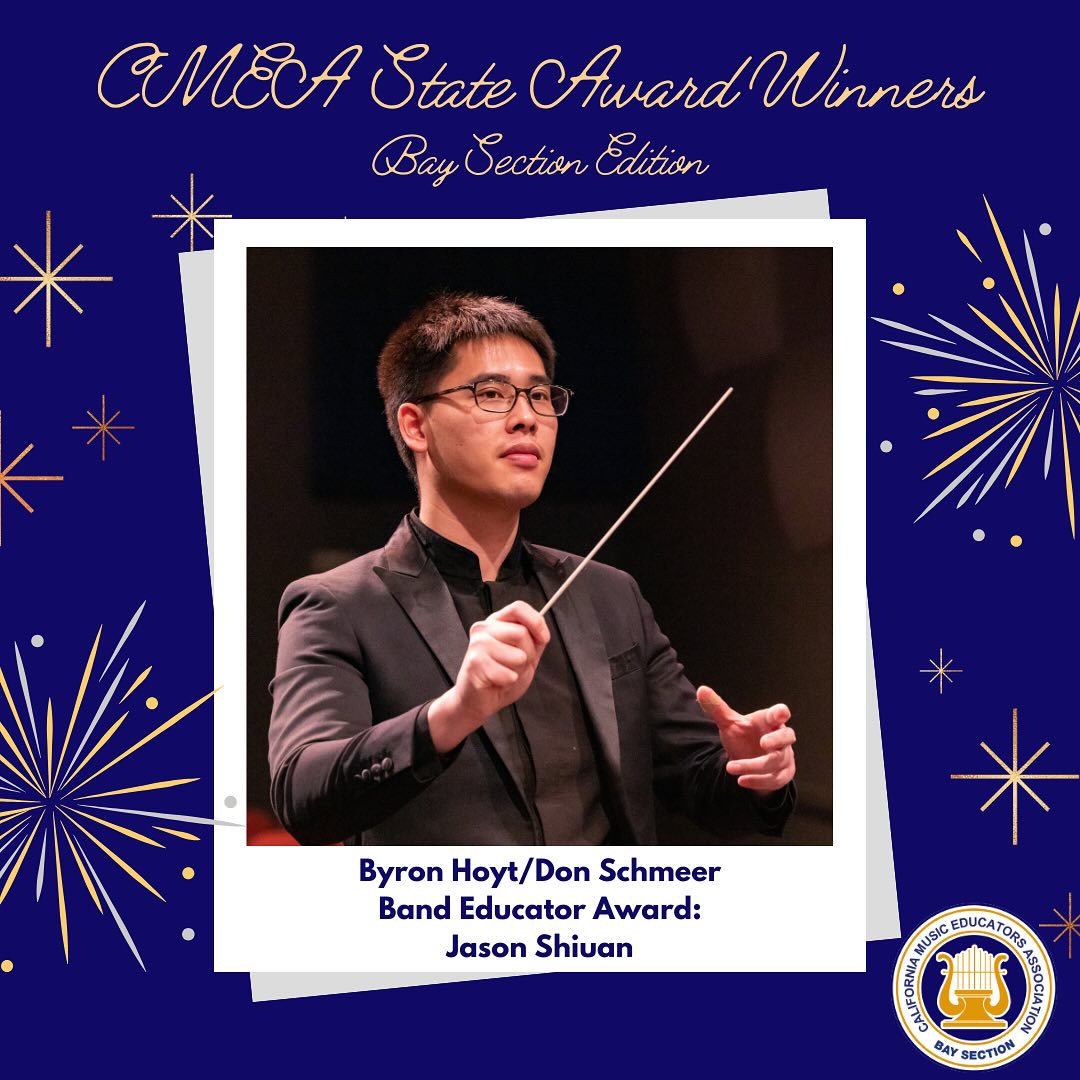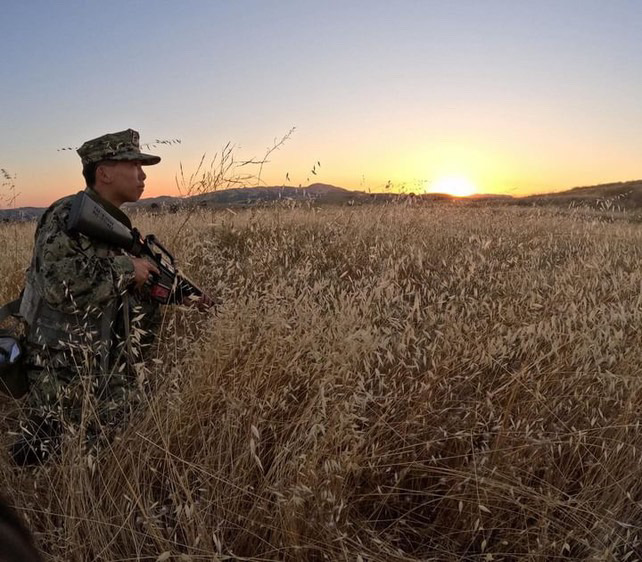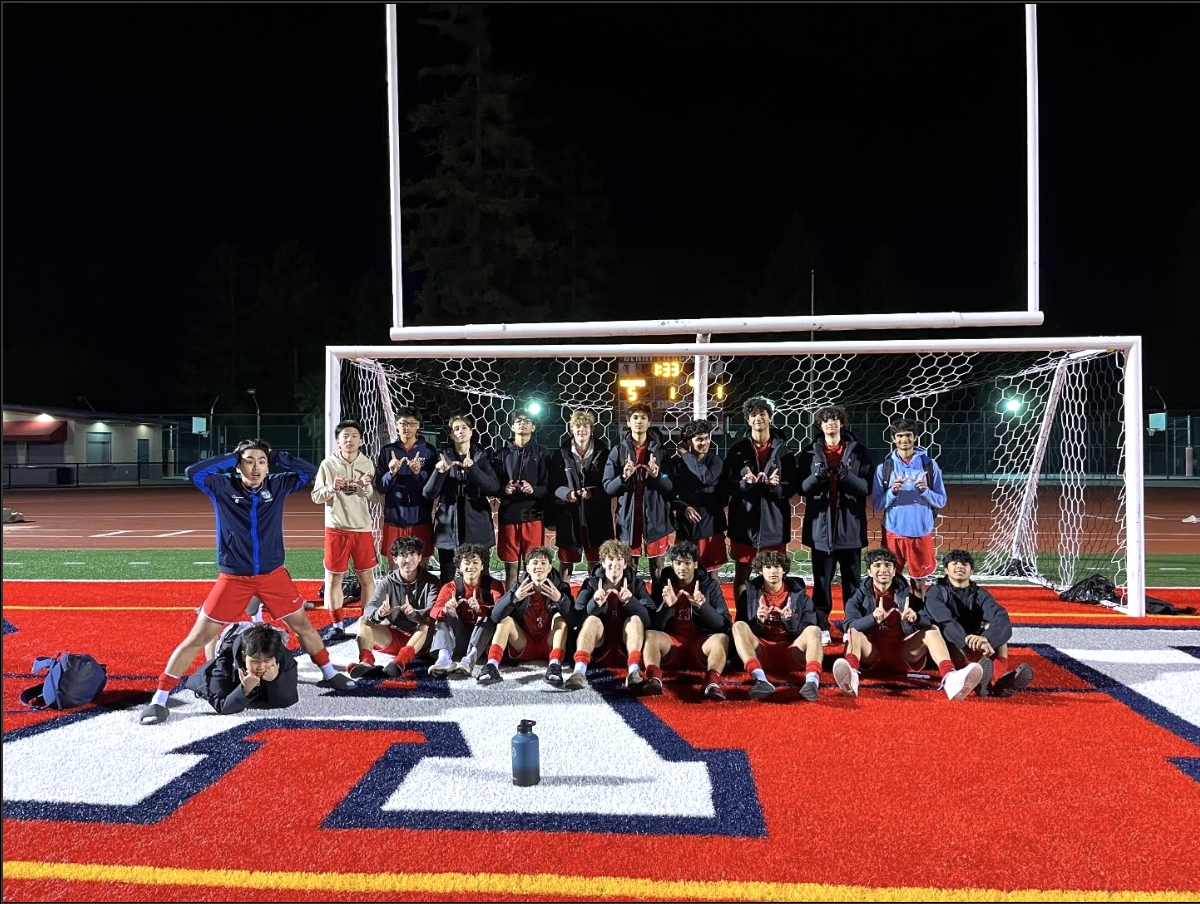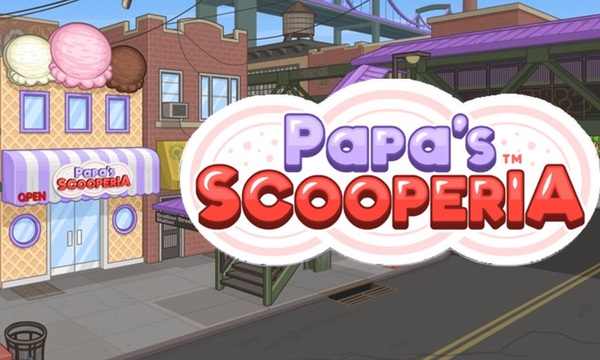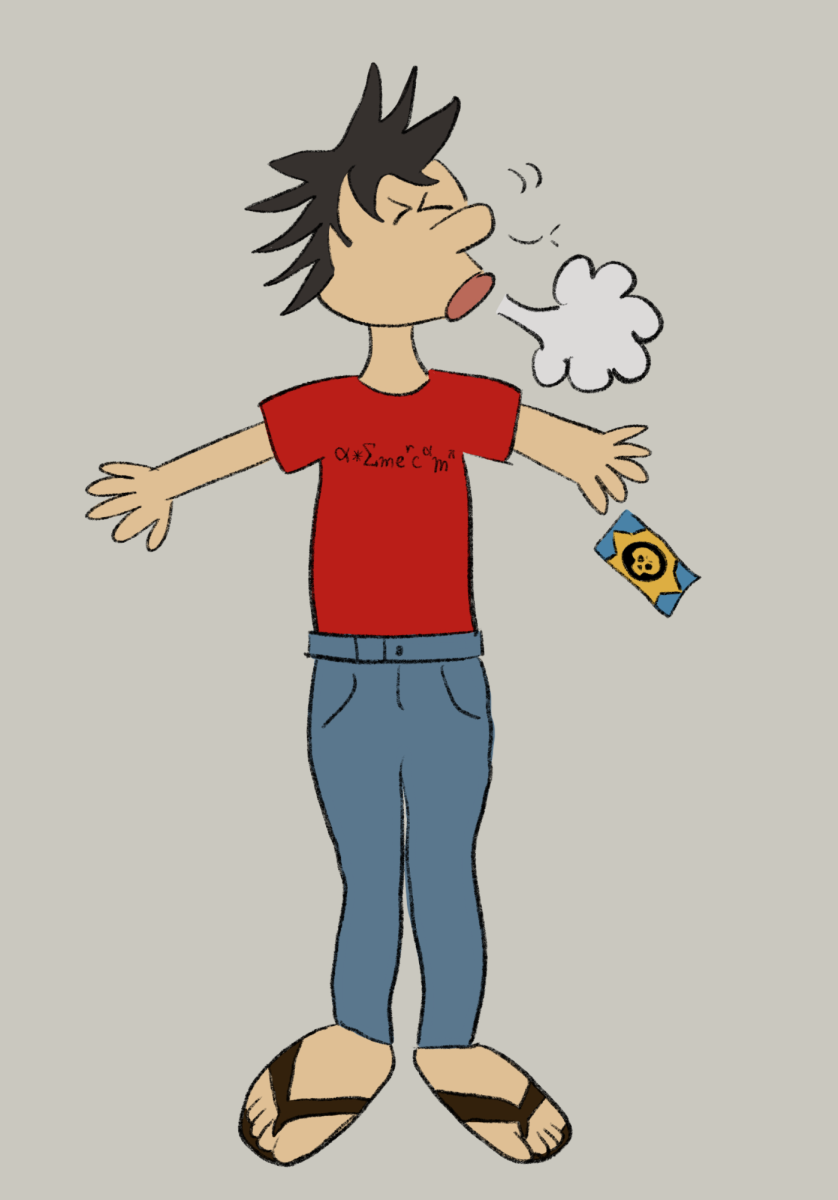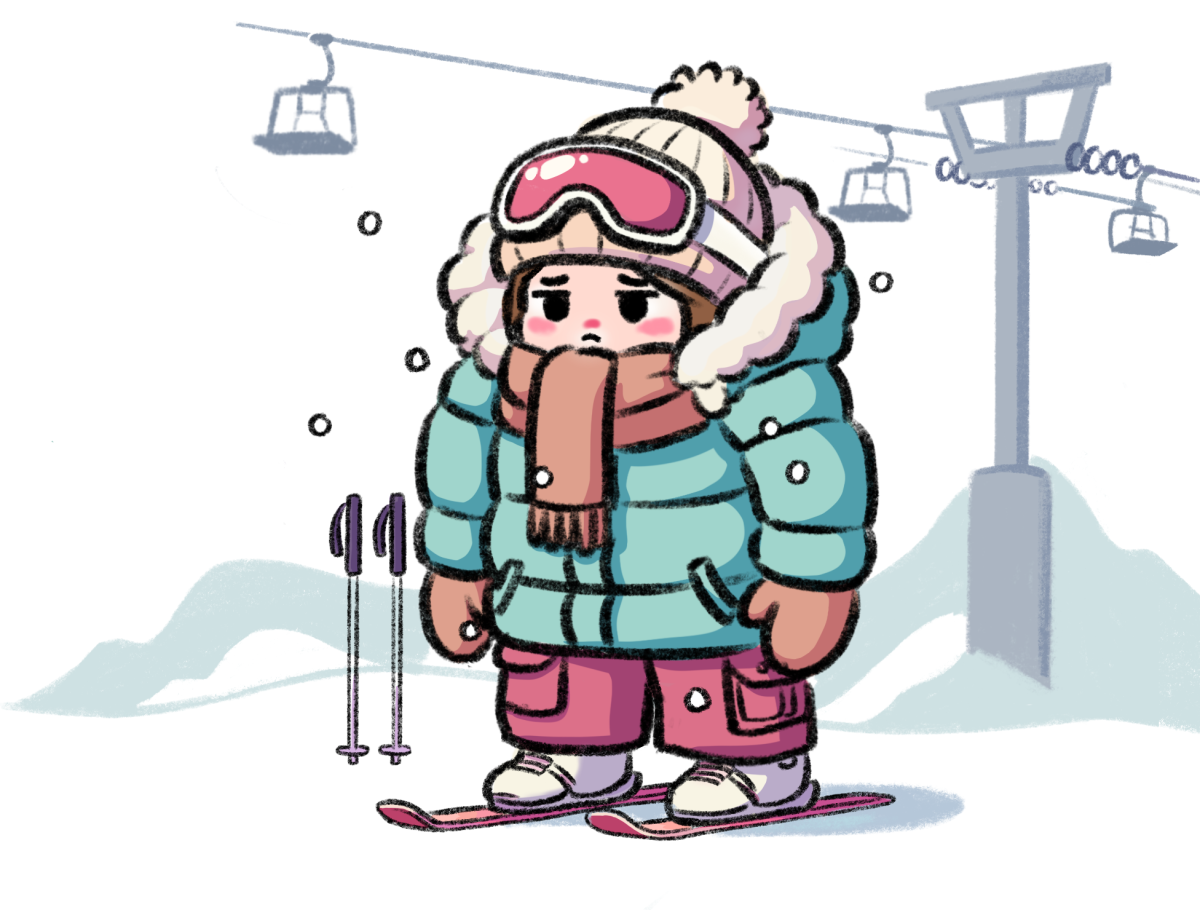A police car pulls up outside a well-lit house. Inside, kids are yelling and dancing to loud music. When the cops are spotted, a frantic rush to hide beer bottles and escape the party begins.
These days, however, such a scene is far less common. Saratoga teens have less to fear from sheriff’s, deputies, and local police, some of whom no longer penalize underage drinking at parties. Without the previous repercussions of breaking the law by consuming alcohol, students are often allowed to drive home intoxicated, jeopardizing their safety.
Despite the fact that students do not wish to be punished by the law for their underage drinking, the lack of any kind of consequence—or even of getting a safe ride home—is something that should concern partying teens as well as their parents. After all, a police officer’s job is to prevent illegal behavior. By simply breaking up parties and sending drunk teenagers home, police send the message to underage drinkers that it is acceptable to consume alcohol.
Although it may seem harmless when cops send home intoxicated underage drinkers, this thoughtless action increases the chances of fatal car accidents involving teenagers. The simple decision to call parents and have the teen picked up and driven home by an adult could save lives.
Police occasionally use lenient methods that ensure the safety of teens while keeping them out of trouble with their parents. At one party, rather than involve parents, the police split teenagers into two groups: sober and intoxicated. After all the teens had been divided up, the officers arranged for sober attendees to drive the intoxicated ones home. This method of dealing with the problem guaranteed the safety of every teen while avoiding the long-term consequences of angry parents or an unnecessary death.
This method was not only favorable to students, but it ensured their safety as well. Although students may not want the consequences that stem from attending parties, they should be aware that this lack of regulation puts their lives in danger which could lead to possibly injury or worse death.



